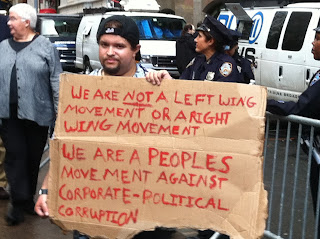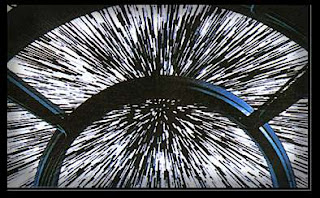Me & Star Wars: Guest Post by Ty Johnston
Last month Ty Johnston was gracious enough to let me guest post on his blog. Now, he returns the favor with a great story on growing up with Star Wars, and how it impacted him as a writer: I’m going to talk about Star Wars, but I want to say right here up front that I am not a Star Wars fanboy or geek or anything of the sort. I enjoyed the original trilogy, especially the first movie, and I found elements of the more modern trilogy which I enjoyed, though it just wasn’t the same experience for the most part (whether that was because I was older or because George Lucas had lost his mind is debatable). I am 42 years old,and as an author of speculative fiction, I would by lying if I said Star Wars had never had an influence upon me and my chosen career. As I have mentioned elsewhere, I am not sure those of older and younger generations can appreciate the effect Star Wars had upon my generation, commonly referred to as Generation X within the media and broader culture. Whe...






